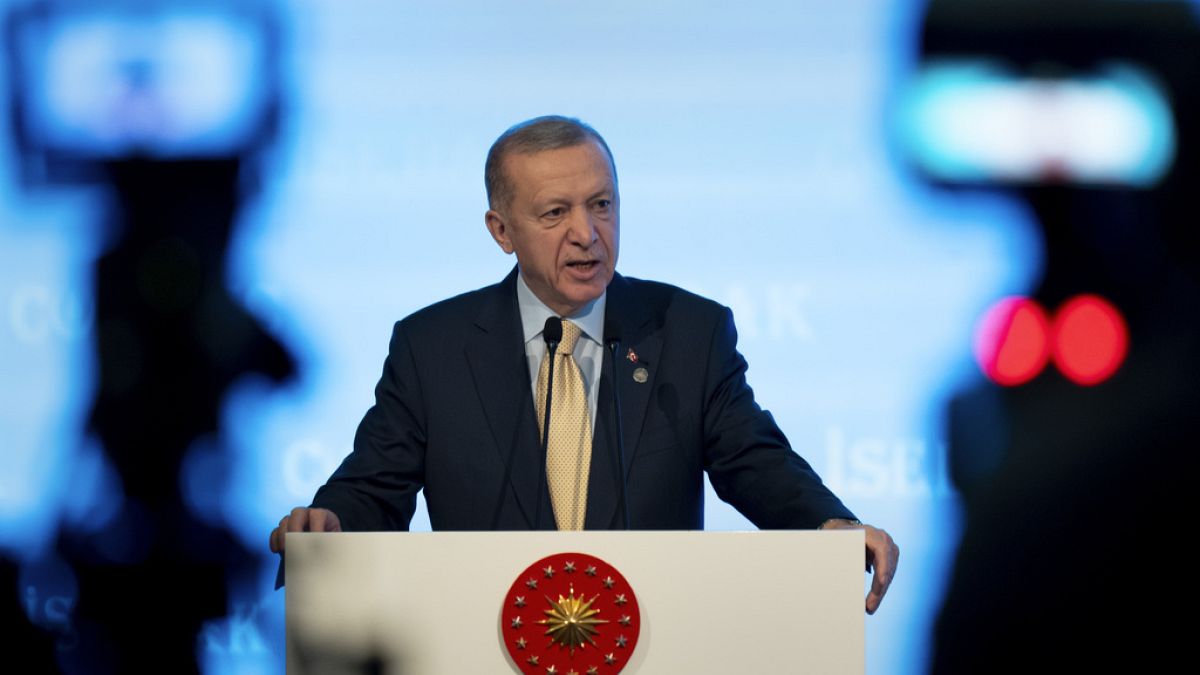Inflation in Turkey showed a 62% year-on-year rise in November, according to official data published on Monday.
The rate at which prices are increasing fell slightly from 3.43% to 3.28% from October to November, but figures remain high compared to the same period last year.
November’s 61.98% year-on-year rise follows a 61.36% annual increase in October, a trend fuelled by the depreciation of the Turkish lira.
Whilst these official figures are particularly high, independent economists from the Inflation Research Group (ENAG) say that the true fiscal picture could be even worse.
They estimate a 129.27% annual rise in consumer prices for November.
Interest rate hikes
Since President Recep Tayyip Erdoğan’s return to power in May, he has appointed a new team at the central bank, led by former Wall Street banker Hafize Gaye Erkan.
With Erkan at the helm, the bank recently raised its main interest rate from 8.5% to 40% in an effort to tackle inflation.
"The pace of monetary tightening will slow down and the tightening cycle will be completed in a short period of time," the central bank said.
The failure to block this move represents a U-turn for Erdoğan, as he previously pledged to block such a policy during his re-election campaign.
According to analysts, a final interest rate hike of 2.5% could be announced at the next central bank meeting on 21 December.
This figure is then expected to remain stable over the course of 2024.
Recovery will take time
According to official data, higher interest rates have begun to slow consumption, fulfilling one of the key objectives of the central bank.
Turkey's GDP rose by just 0.3% between July and September, after an increase of 3.3% from April to June.
"The central bank will welcome these figures as evidence that demand is cooling and inflation pressures continue to soften," said analyst Liam Peach of Capital Economics.
"However, bringing inflation down to much lower levels will require monetary policy to remain tight for a prolonged period and we expect the central bank to leave interest rates unchanged throughout 2024," Peach added.
In November, the credit rating agency S&P's revised Turkey's long-term rating from stable to positive.
"Inflation seems to have peaked", the rating agency said, but it also warned that monetary policy "will take at least two years to bring inflation under control".
Some analysts blame President Erdoğan for triggering the inflationary spiral by forcing the theoretically independent central bank to reduce the key interest rate well below the rise in prices.
Despite enjoying economic growth during the first few years of Erdoğan’s leadership, Turkey has been experiencing uninterrupted double-digit inflation since the end of 2019.



